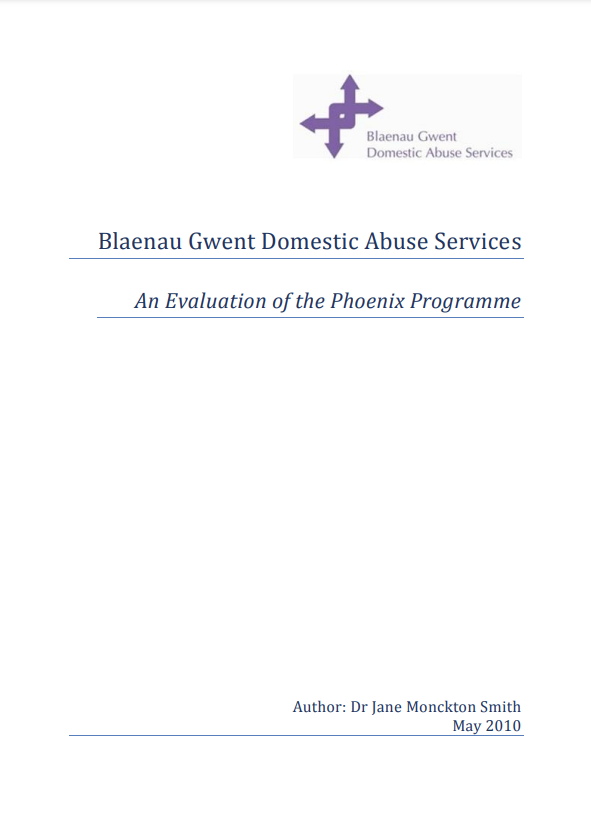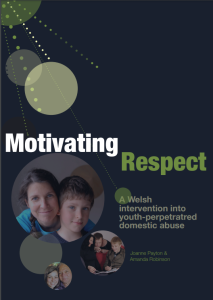The service is dedicated to building a strong evidence base to guide and enhance our approach and also to influence policy makers and commissioners. To achieve this, Phoenix DAS considers carefully opportunities to work with others, including academic partners, in order to push the boundaries of the usual approach in a way which allows us to create true societal change. The charity also frequently conducts our own research, testing our theories and ensuring that we continue to be trail blazers in the field. Previous projects have included:
- A three-year research project trialling new methods of working with victims to support their recovery from abusive relationships. Phoenix DAS is committed to research and development that informs and shapes our service provision. We ensure all new projects are evidence-based and carefully risk-managed.
- A partnership project with Cardiff University and Hafan Cymru, aimed at testing the theory that a co-gendered approach to delivering restorative programmes for victims can increase the likelihood of them forming healthy relationships in the future.
- A survey-based study exploring the impact of positive male role models in childhood on the likelihood of becoming a repeat or long-term victim of domestic abuse. The study seeks to determine whether positive role models foster greater resilience later in life.
- The perpetrator team collaborated with the REPROVIDE Project, in partnership with Bristol University to research the evidence base surrounding perpetrator programmes and evaluate their effectiveness in changing behaviours and attitudes.
http://www.bristol.ac.uk/primaryhealthcare/researchthemes/reprovide/
Links to some of the completed research projects and/or evaluations can be found below:-

An Evaluation of the Phoenix Programme by Dr Jane Monckton Smith

Motivation Respect – A Welsh intervention into youth-perpetrated by Joanne Peyton & Amanda Robinson
Our strong links and partnerships allow us to ensure that all our findings are shared as widely as possible, including seeking out challenges to our approach in order to continually check for our unconscious bias within the work. We welcome and greatly value invitations to participate in any relevant research that aligns with, and supports, our vision.

